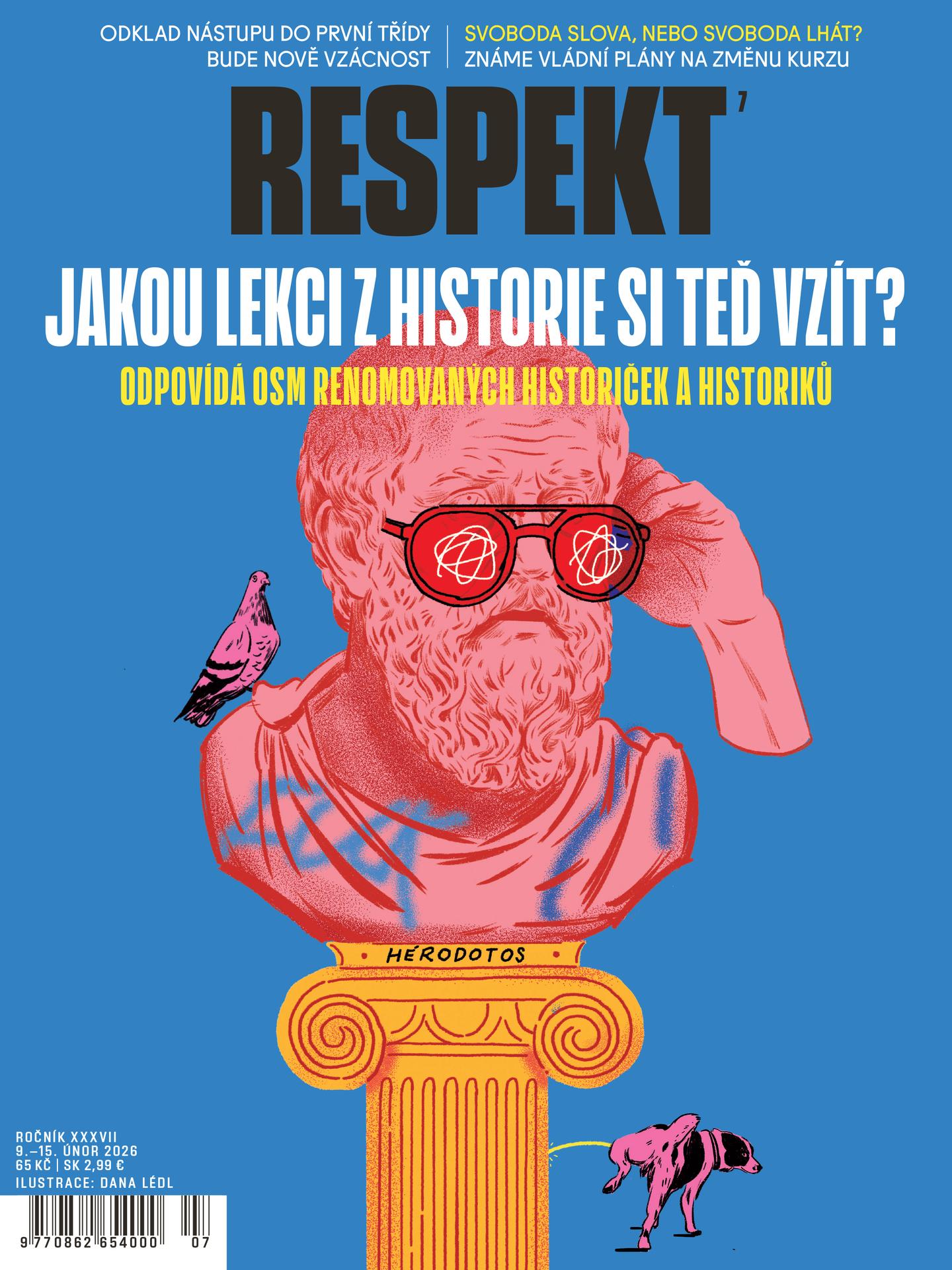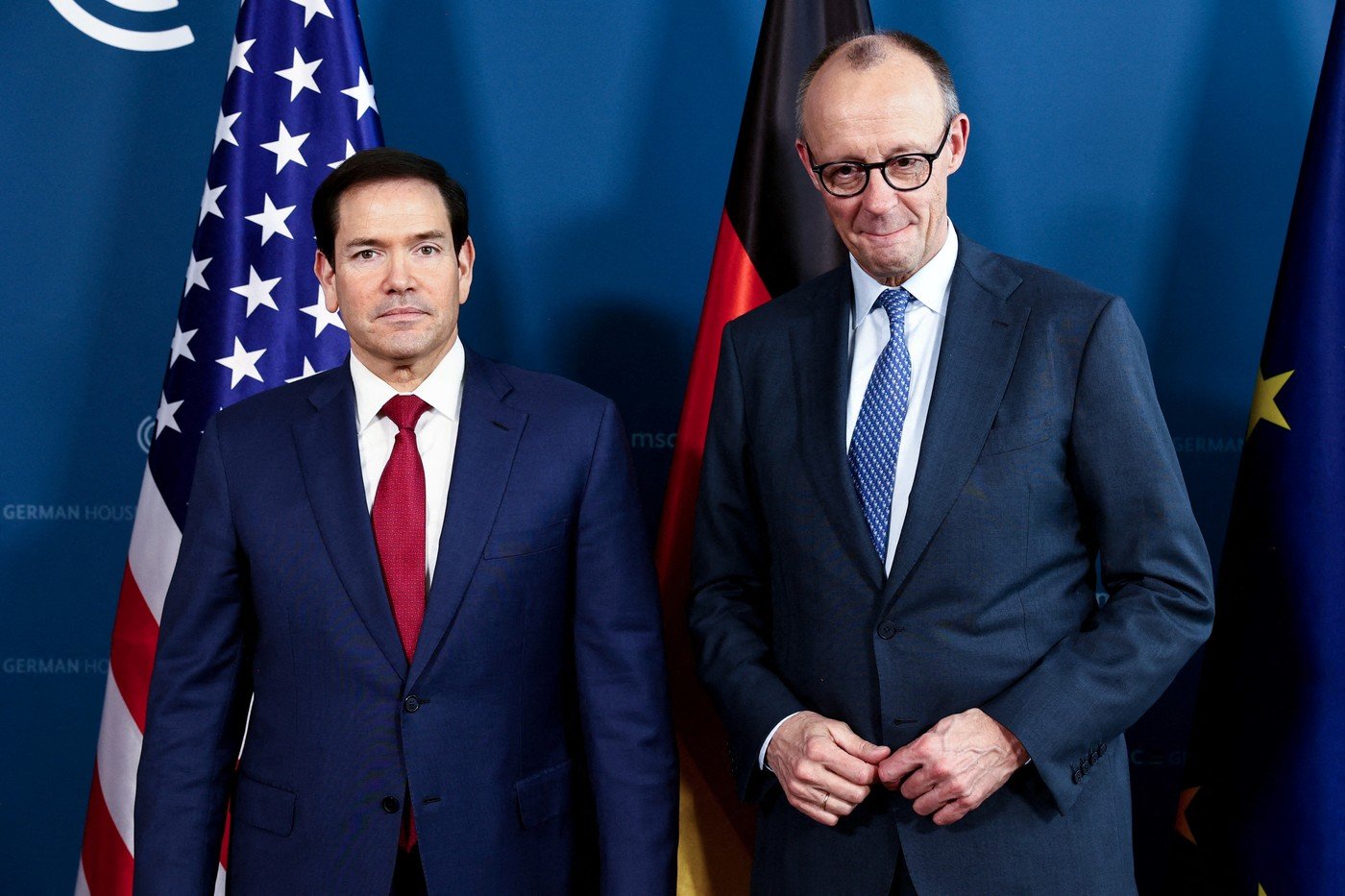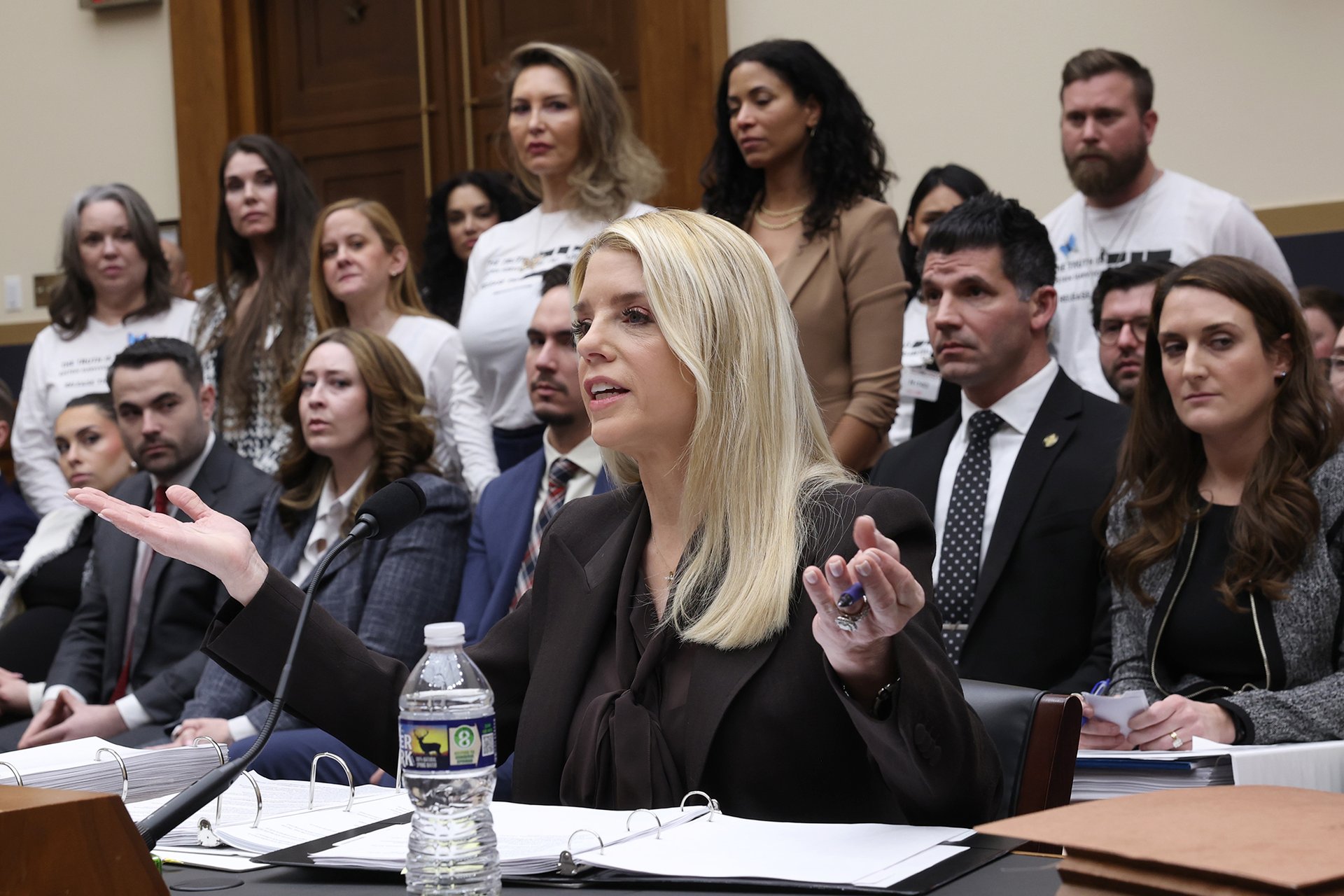A 'Colony of Brussels'?
The Czech Republic risks being dragged into an awkward fight over EU subsidies to the prime minister's companies
The scandal of Czech Prime Minister Andrej Babis and his conflicts of interest is evolving as anticipated – he is taking baby steps towards losing. Because the prime minister dislikes this, he is currently drawing the country into an awkward, risky game.
“The Czech Republic has to defend itself, it’s not possible that some mid-level bureaucrat is interpreting our law. We are not a colony of Brussels,” Babis told the Prima television channel on Saturday in response to the publication of the EU’s report on its audit of Babis's business dealings. Babis is accused of a conflict of interest by engaging in an unacceptable combination of business and politics which, among other matters, means Agrofert [a large holding group founded by Babis] is to be cut off from several EU funds. The audit report has been ready for more than a year, but the European Commission (EC) did not officially reveal it until Friday. Both the Czech and English-language versions have been posted to its website. By doing so, the EC has made it clear that even after the appeals procedure with the Czech authorities, which has been underway in the interim, the EC stands by its auditors.
If the Czech authorities, on the other hand, continue to stand behind Babis, there is a danger that these subsidies will be paid from the Czech budget instead of by Brussels. Even bigger damage, however, could happen at the level of the country’s reputation if Babis continues to abuse his position and drags the entire republic into some futile dispute about his money.


We Stand Behind the Boss
Babis, as is known, disputes the auditors’ conclusions by saying that he has proceeded according to Czech laws and, after entering politics, put [his shares in] Agrofert into a trust, thereby losing control over the enterprise. [Babis took this step while serving as finance minister in 2017 – Transitions note.] Both Agrofert itself and the Czech authorities have used that legal analysis at all times during this argument, i.e., since December 2019. They’re sticking with it. “The Czech Republic continues to hold that position,” the Czech Ministry for Regional Development said on Saturday in a press release reacting to publication of the report.
From the standpoint of elementary political morals, this conflict seems unambiguous. To hold power over subsidy policy and to also benefit from that policy is an irreconcilable position, in a decent society. Babis has never denied that Agrofert would be his again one day. Naturally, he therefore has an interest in the firm doing well, which is not always necessarily in accordance with the country’s best interests.
This fundamental conflict, however, is something the prime minister does not consider it necessary to explain to the voters. In his camp, they make do with the idea that the Czech laws – as Babis conceives of them – were complied with, formally. The hitch is that Czech legislation forbids a politician from personally benefiting from political power by means of a firm that the public official “controls,” and after Agrofert was transferred into a trust, by this argument “control” of it by the prime minister is out of the question.
The auditors see the matter differently. Some of the subsidies at issue – such as, for example, the 3.9 million euros that was invested into the Penam bakery for its product line of bread for toasting – are basically being contested because the firms were not entitled to them. In the case of Penam, this is because the investment at issue was not ever about innovation, which the project had promised, but just about installing technology that its sister bakery in Germany had previously used. The main objection, though, is that Agrofert – i.e., a firm that is de facto in the hands of the head of the executive branch of the Czech government – was never entitled to these subsidies in principle.
The auditors consider the transfer of [Babis's shares in] Agrofert into trusts to be a formal maneuver, one that does not alter what is most essential to conflict of interest. Since Babis is able, at any time, to resume formal control of Agrofert, he continues to have an interest in the enterprise prospering. Moreover, even today his ties to the company have not been cut 100 percent, because the administrators of the trusts are not able to make any basic decisions about them on their own. “The fiduciary administrators’ declared ability to act independently has essentially been removed,” the auditors say in their commentary on how the trust arrangement was set up.
Will We Go to Court?
Babis strikes back by alleging this interpretation is wrong, that Brussels basically has no mandate to interpret Czech laws, and that the argument can only be decided by Czech courts. It is, of course, a question as to whether the case would ever be litigated. Most probably that could only happen if the Czech authorities, applying Babis's own argument, were to pay Agrofert its money without the EU reimbursing them – and then somebody would sue the EU for it in Czech court.
The second option is that the case could go to the European Court of Justice in the event that the Czech Republic wanted to dispute the audit and claim Agrofert’s EU monies there. That path does not have much chance of success, because in addition to Czech law, the country is bound to obey EU regulations on conflicts of interest which came into effect in 2018, directly impacting all member states. Those regulations – they are right there in the auditors' findings – establish even firmer guardrails for the behavior of politicians. Be that as it may, this conflict could be dragged out for a long time, and Babis would be able, as he has done so far, to appear as if he is a politician who has found himself in the role of the impeccable, misunderstood victim.
The third option is that Babis, and therefore, Agrofert, acknowledge the awkwardness of the situation, return the money, and the enterprise refrains from seeking subsidies as long as Babis stays in politics. Prospectively, that could mean losing not just the subsidies the audit contests, but all other subsidies – and in the event of a broader interpretation of the applicable regulations, also losing access to other sources of public monies, such as state tenders.
That would greatly harm Agrofert’s business operations, and what’s more, Babis would lose face ahead of the elections [in October] and would contradict the position he has taken to date. Instead of that option, therefore, he chooses a confrontational note and makes the case to the public that protecting Agrofert is the same as protecting the interests of the Czech state. In reality, to do so is the exact opposite.
The EU is becoming more and more picky when it comes to abuse of common monies, but Babis does not want to give up these subsidies, instead turning the battle for his own money into an affair of state – and the relevant ministries, led by his people, are supporting him. It would be difficult to find a better example of conflict of interest than this case, its evolution, and the way Babis talks.
Translated by Gwendolyn Albert. Vychází ve spolupráci s TransitionsOnline
Pokud jste v článku našli chybu, napište nám prosím na [email protected].
Mohlo by vás zajímat
Tajemství jeskyně Svážná studna
Ležím na břiše v úzké chodbičce, kde není možné se pohybovat jinak než plazením. Dno, strop i stěny stísněného prostoru jsou pokryté mazlavou hlínou, která při pomalém pohybu vpřed ulpívá na rukou i na oblečení. Nevím, jak daleko chodba pokračuje ani kam přesně vede, a ve světle čelovky před sebou vidím jen nohy kolegy plazícího se přede mnou. Z představy, že se nemůžu posadit ani otočit, se mi zrychluje tep a cítím lehkou paniku. Snažím se nemyslet na to, že se nacházíme desítky metrů pod zemí obklopeni ze všech stran hmotou. Jsme v srdci Moravského krasu v jeskyni jménem Svážná studna, která se před několika týdny stala dějištěm mediálního spektáklu: při průzkumu se tu zranil speleolog a jeho komplikované, zhruba dvacetihodinové vyprošťování pak v přímém přenosu sledovalo celé Česko.










